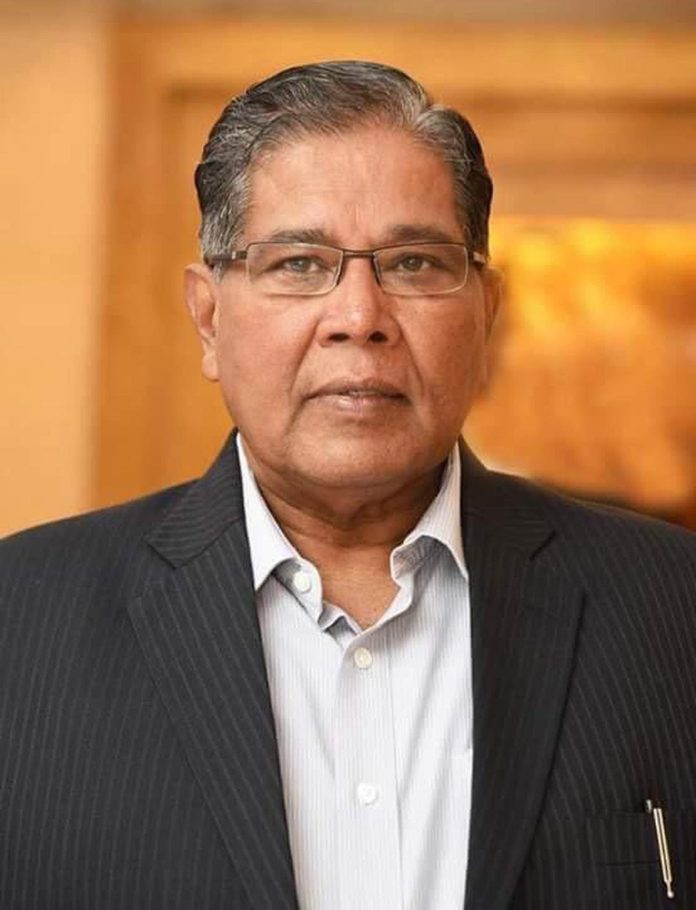Bengaluru, Sep 10: Former Deputy Chairman of the Rajya Sabha, K. Rahman Khan, has called on Members of Parliament to reject the proposed Waqf (Amendment) Bill, 2024, labeling it as a deeply prejudiced piece of legislation that could inflict irreversible harm on the waqf system, reported The Hindu.
In an open letter addressed to MPs on Monday, Mr. Khan criticized the Bill for lacking the usual legislative fairness and adherence to constitutional values. He expressed concern that the Bill had been introduced without proper consultation with key stakeholders, including Waqf Boards and the affected communities. “This oversight not only questions the legitimacy of the proposed changes but also highlights a deeper issue – a disregard for the voices of minority communities impacted by these amendments,” he wrote.
Mr. Khan, who previously chaired two joint parliamentary committees examining the functioning of waqf boards in 1999 and 2008, noted that the Bill appears to reduce the autonomy of Waqf Boards instead of strengthening their ability to manage assets effectively. He warned that the legislation risks further alienating marginalized communities and deepening the divide between the State and these groups.
Furthermore, Mr. Khan challenged the government’s claim that the Bill is based on recommendations from the Sachar Committee, the Joint Parliamentary Committee on Waqf, and the Central Wakf Council. He argued that, rather than building on the 2013 amendments, the Bill undermines the comprehensive reforms achieved through extensive dialogue with relevant stakeholders.
Mr. Khan also highlighted that the Bill violates constitutional rights guaranteed under Articles 14, 25, 26, and 29. He criticized the government’s attempt to exert more control over waqf properties, which he emphasized are not state assets but have been established over centuries by charitable endowments from the Muslim community for religious and social purposes.
The former Deputy Chairman urged Parliament to engage in a more inclusive and transparent process, addressing the concerns of all stakeholders before proceeding with the Bill.




